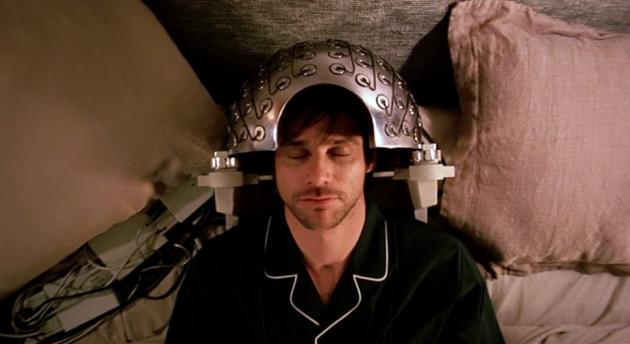This Is The Gene That Helps Us Forget Things
Sep 19, 2013 18:57

Do you want to sometimes forget some of the bad things that have happened in your life? Like Jim Carrey's character in Eternal Sunshine of the Spotless Mind? Well, a bunch of nerds from MIT have just figured out how to do it. The discovery is poised to do a lot for people who suffer from post-traumatic stress disorder.
The researchers found a gene known as Tet1, and it controls memory by manipulating the levels of DNA methylation. To test how the gene affects memories, the researchers conditioned mice that had been shocked by a cage to be fearful.
They then put the mice back in the same cage, without the shock to record their reactions. Mice with normal Tet1 levels would eventually forget about the shock, letting new memories replace old ones. Mice with low Tet1 levels had a hard time forgetting.
The Tet1 levels could be the key to understand how conditions like post-traumatic stress disorder work and how medical researchers can come up with something to help those who suffer from it.
"What happens during memory extinction is not erasure of the original memory," says Li-Huei Tsai, director of MIT’s Picower Institute for Learning and Memory. "The old trace of memory is telling the mice that this place is dangerous. But the new memory informs the mice that this place is actually safe. There are two choices of memory that are competing with each other."
Bringing up Tet1 levels could help a person decide what to remember and what to block out. Could this also be used for...exams? [MIT]







































































